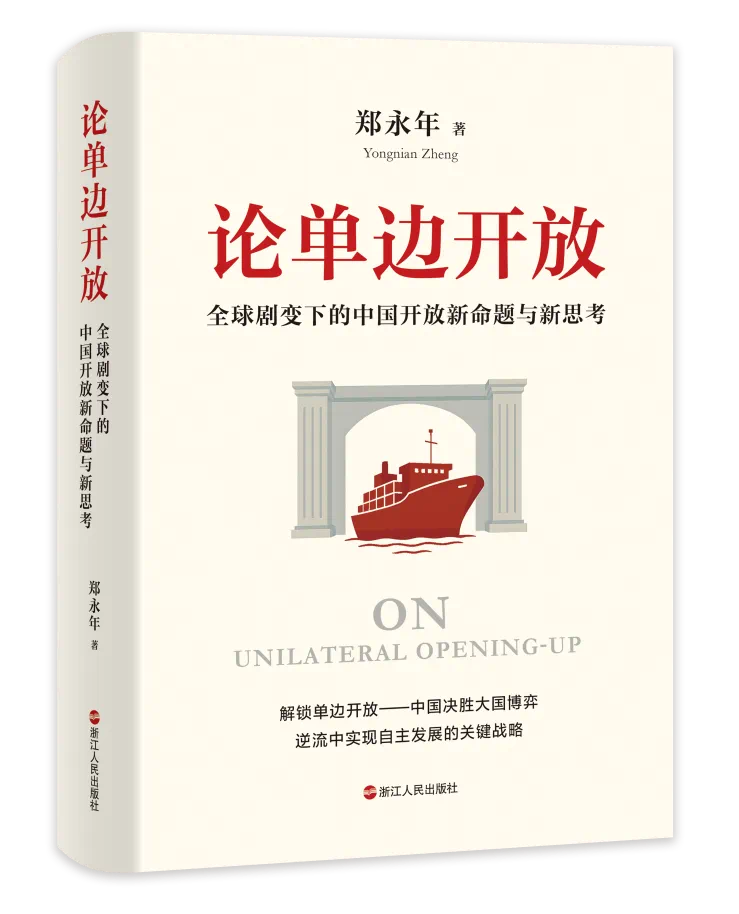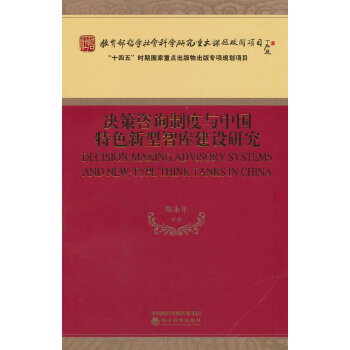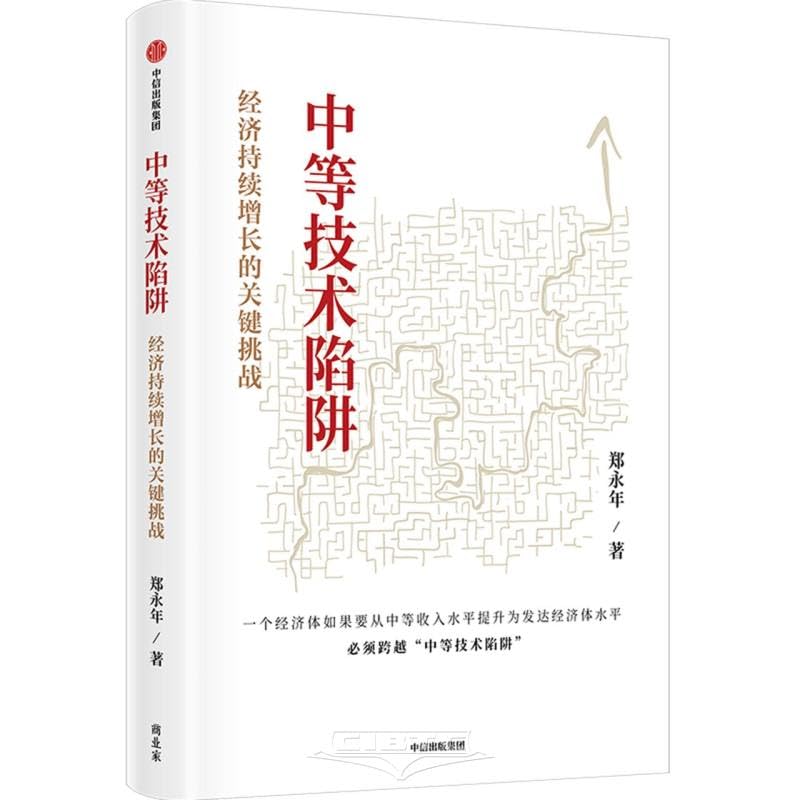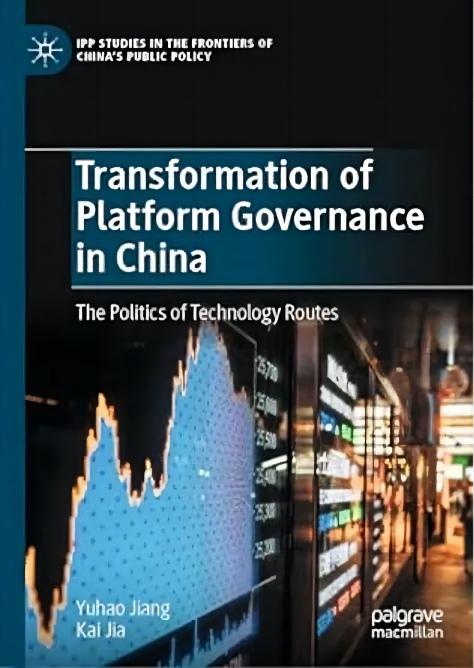
作者 蒋余浩 贾开
Yuhao Jiang, Kai Jia|Transformation of Platform Governance in China: The Politics of Technology Routes(2023)
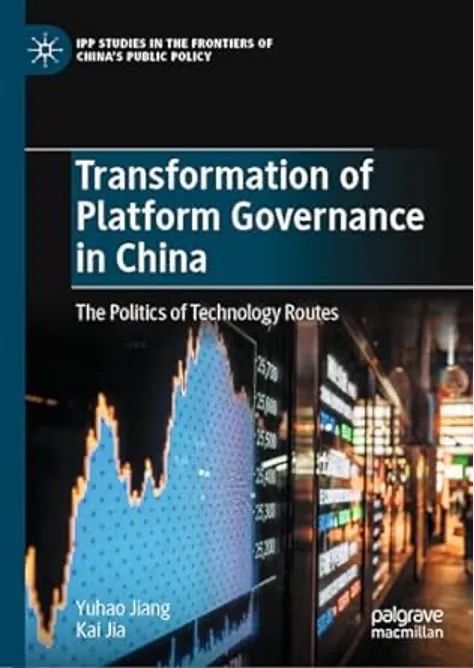
【About the book】
ASIN : B0CHNHZ94M
Publisher : Palgrave Macmillan
Accessibility : Learn more
Publication date : November 10, 2023
Language : English
File size : 1.6 MB
X-Ray : Not Enabled
Print length : 372 pages
ISBN-13 : 978-9819964567
The admiration of science and technology and the emphasis on political stability are two sides of the same coin in China. Therefore, China is more likely to take aggressive measures to promote or inhibit platform development than the United States and the European Union. But the uncertainty in the decision-making process is worrisome and calls for a broader discussion of the multiple political consequences of technology.
【About the author】
Yuhao Jiang is a researcher at the Institute of Public Policy at South China University of Technology. He is a doctor of the Chinese Academy of Social Sciences. Professor Yuhao was a postdoctoral fellow at the School of Public Administration, Tsinghua University, and a visiting scholar at the European University Institute in Italy. Yuhao Jiang’s research interests include digital governance, Chinese science and technology policy, techno-politics, and Chinese political economy. He has published books such as Mutiple Modernities and Critical Jurisprudence and Deliberative Democracy and Orderly Participation.
Kai Jia is an associate professor in the School of International and Public Affairs, Shanghai Jiaotong University. He is also a researcher in the Center for Industrial Development and Environmental Governance of Tsinghua University. Dr. Kai is the Fulbright Scholar, visiting scholar in UC Davis, ETLA (Helsinki) and EBS(Tallinn). The research interests of Kai Jia mainly lie in the intersection between digital technology and public policy, covering issues like Governance of AI and Blockchain, Digital Economy, Digital Government, Global Digital Governance, etc.
【Contents】
1 Introduction: Technological Determinism, Insular Vanguardism and Possibility of Platform Transformation
Techno-liberalism and Techno-nationalism: Opposing Categories?
Insular Vanguardism
Different Routes of Technological Development: Anti-technological Determinism
Institutional Innovation and Technical Conditions for Platform Change
Part I Rise of Digital Platform and Its Transformative Possibilities
2 A Brief History of Evolution of Platform-Based Internet
The Prologue to the Digital Platform Unfolds in the Decline of the IBM PC
The Rise of the Mobile Internet and the Evolution of Digital Platforms
3 Analysis of Platform Economic Logic: Structure and Its Future
The Difference Between Platform Economics and Traditional Economics
The Key to the Platform Economy: The Price Structure
The Future of the Platform Economy
4 Rethinking Platform-Based Internet: Possibilities of New Technology Routes
From Blockchain to Web 3.0
The Never-Ending ‘Fork’
5 Global Governance of Transnational Digital Platforms
The Spread of Digital Platforms and the Global Rise of the Platform Economy
The Transformative Significance of Digital Platforms as a Form of Organization
Governance Risks and Challenges of Digital Platform Change
Exploration and Future of Global Governance on Transnational Digital Platforms
Part II Path to Reforming Platform Governance in Chinese Context
6 Technology, Governance and Politics: The Ideological Foundation of Platform Governance in China
Scientism Revisited
The Rise of New Information Technology and the Transformation of Governance in China
Command-and-Control Mechanisms and Platform Governance in China
China’s Technological Development: Where to Go?
7 Choice of Technology Routes as a National Responsibility: Change in the Chinese Context
Introduction: Digital Economy Development Under the Common Wealth Strategy
Technology Route Optionality and the Responsibility of the State
The ‘Elitism’ of the IT Revolution Technology Route
The ‘Popular Route’ to Digital Technology Development
Concluding Remarks
8 Change in Mechanism of Public Decision-Making Responsibility, Blockchain Technology and Break out of ‘Command-and-Control’
The Challenges of Public Policy-Making in the Era of Big Data
Data Information Governance and Accountability Mechanisms: A Review of Existing Research
Blockchain Technology and its Institutional Innovation Implications
Blockchain Technology-Driven ‘Command-and-Control’ Breakthrough
9 Construction of Responsible Government Through ‘Collaboration-and-Sharing’ Mechanism
Accountability, Public Decision-Making and the New Governance: An Analytical Framework
Data Information Barriers and Demand Repression: An Analysis of Related Structural Barriers
Promoting Democratic Accountability Under the ‘Collaboration-and-Sharing’ Mechanism
Concluding Remarks
10 Innovation in Management Mechanism of Big Data for Government Affairs: From ‘Command-and-Control’ to ‘Collaboration-and-Sharing’
Concepts, Types and Management Structure Characteristics of Big Data in Government
The Data Titling Process and Its Shortcomings
Toward ‘Collaboration-and-Sharing’: Innovative Mechanisms for Managing Big Data in Government Affairs
11 Asset-Based Management of Government Data: Design in the Context of the ‘Collaboration-and-Sharing’ Mechanism
Basic Concepts of Asset-Based Management of Government Data
Analysis of the Asset Attributes of Government Data
Designing Principles of Ownership of Government Data Resources
Pricing Methods for Government Data Resources
Conclusion: Asset-Based Management of Government Data Under the ‘Collaboration and Sharing’ Mechanism
12 Public Choice in Artificial Intelligence Governance Policy: Toward ‘Shared Freedom’
The Concept of Artificial Intelligence and Technological Development: Algorithms and Data
Governance Challenges on the Rise in the Age of Artificial Intelligence
An Overview of National AI Governance Policies and Regulatory Paths
Public Policy Options in the Age of Artificial Intelligence: Toward ‘Shared Freedom’
Concluding Remarks


